Diving into the latest diet trends? Hold onto your wallets! While the promise of quick results is tempting, some of these fads are better at slimming down your bank account than your waistline. Let’s take a closer look at which diets might have you spending more than you bargained for.
#1. Juice Cleanses

Sure, those vibrant juice bottles are Instagram-worthy, but a week’s supply might require a small loan. Stick to whole fruits and veggies for a fiber boost.
#2. Keto Diet Supplements

Keto is all the rage, but those supplements and special products can add up. Achieving ketosis is possible with careful meal planning, no fancy products needed.
#3. Meal Delivery Services

Convenience is king, but these services often charge a premium for it. Consider prepping similar meals at home for a fraction of the cost.
#4. Gluten-Free Packaged Foods
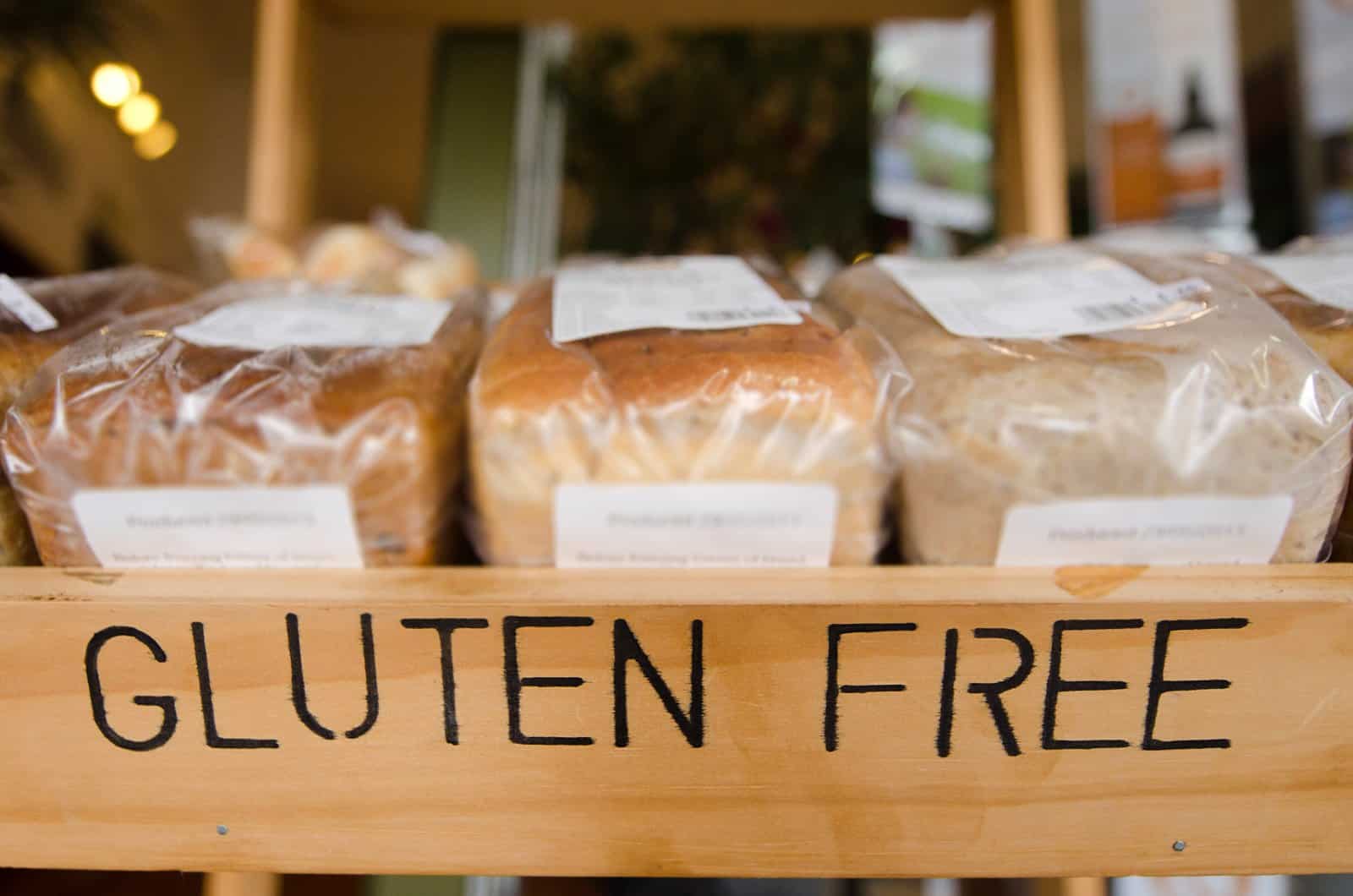
Going gluten-free for non-medical reasons? Those specialized products often cost more than their gluten-full counterparts. Whole foods are naturally gluten-free and wallet-friendly.
#5. Superfood Powders
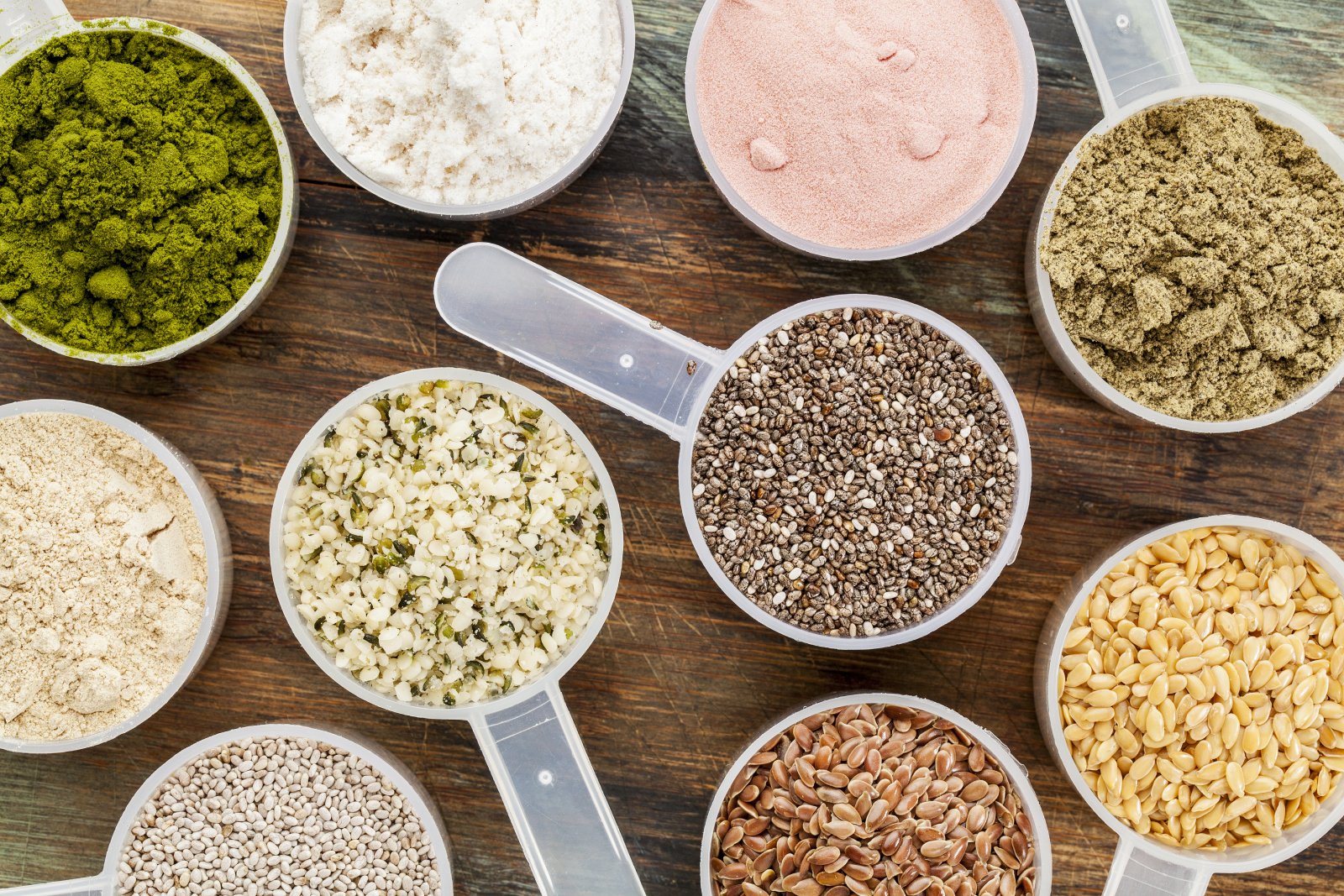
Exotic powders promise a lot but can really thin out your wallet. Nutrient-rich whole foods usually offer the same benefits without the high price tag.
#6. Detox Teas

Detox teas might be soothing, but they can also be surprisingly pricey. Staying hydrated with good ol’ water is just as effective for your system.
#7. Organic Everything
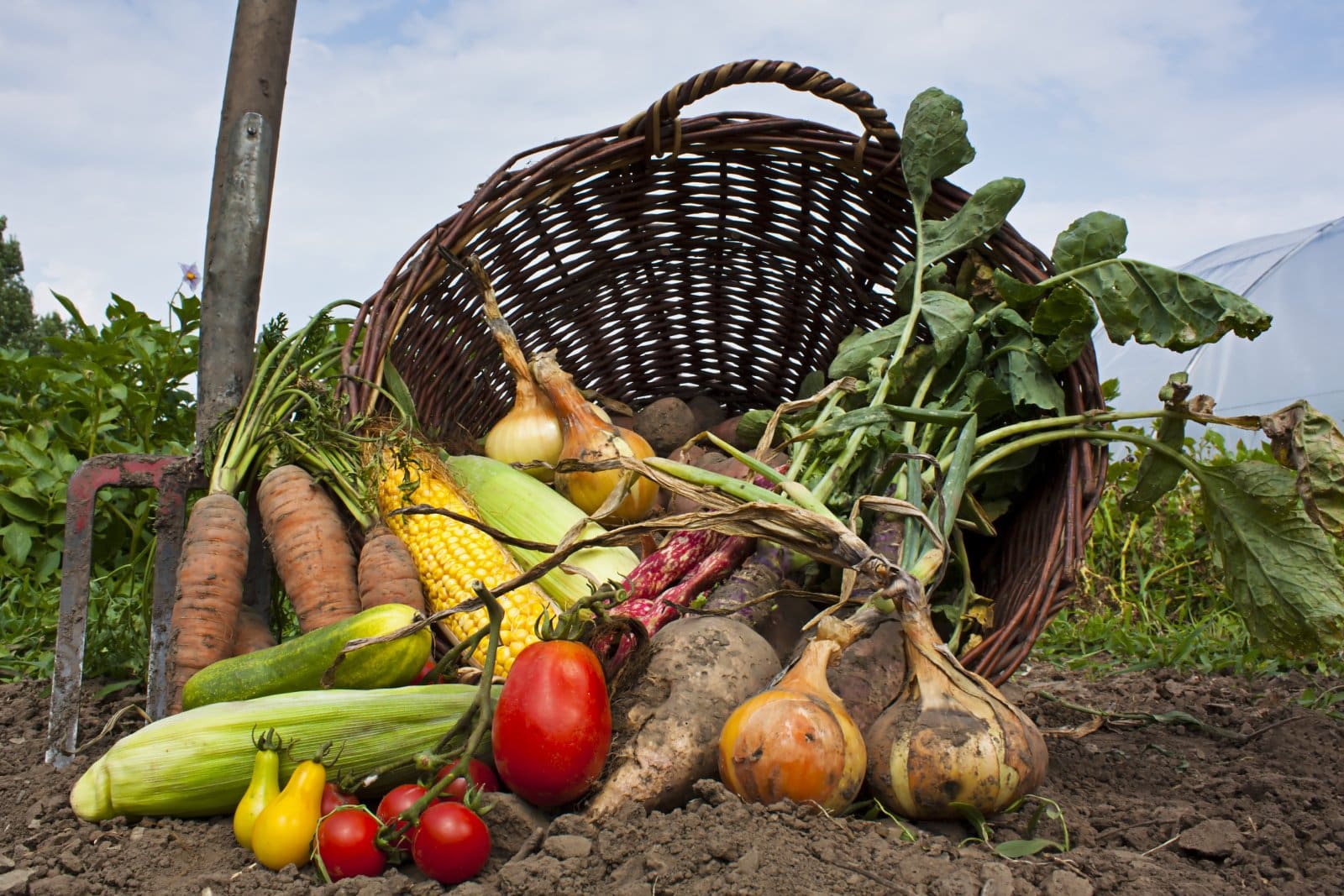
Organic is great, but it can double your grocery bill. Focus on buying organic for the “Dirty Dozen” fruits and vegetables to save some green.
#8. Vegan Meat Alternatives
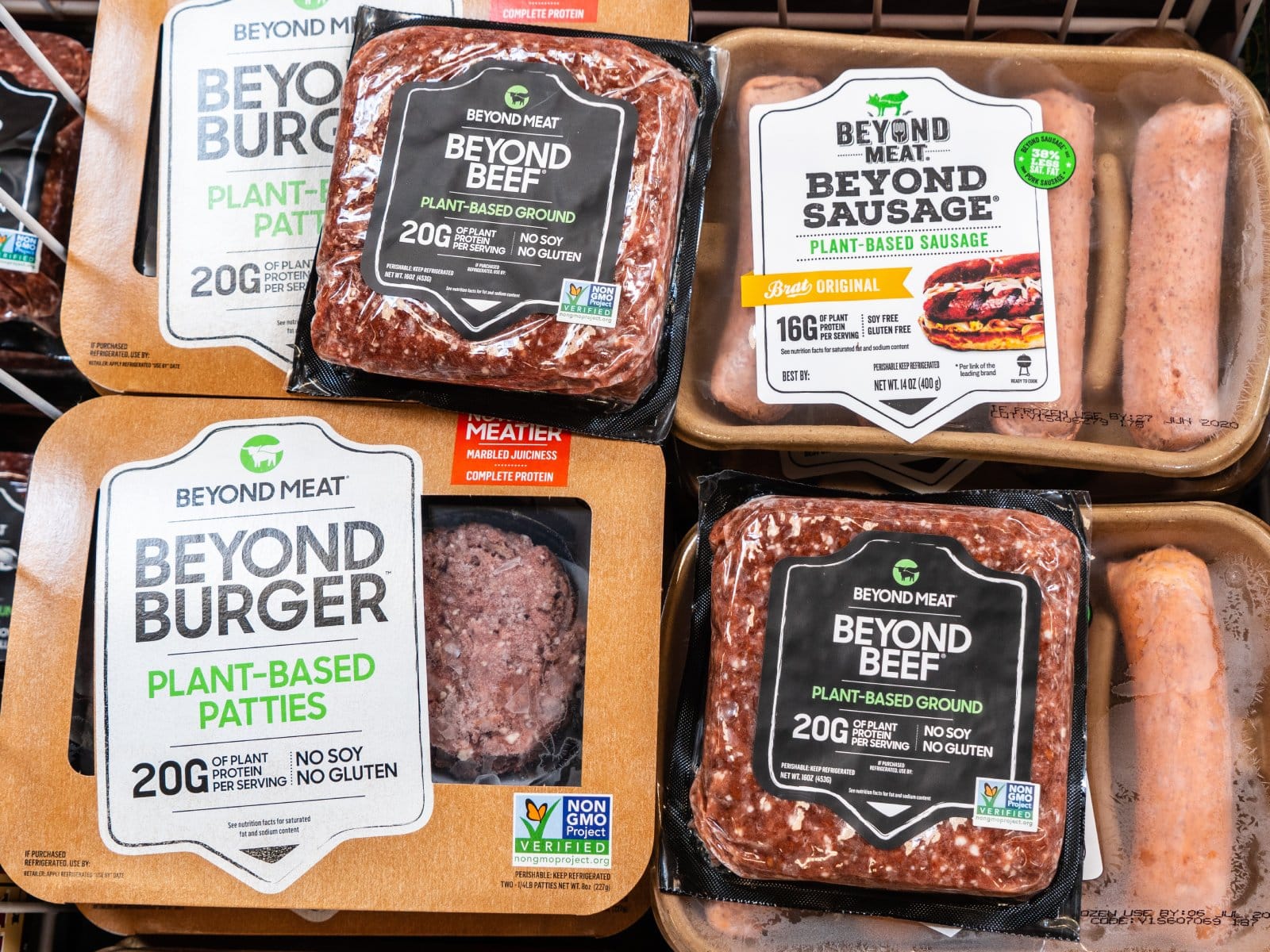
While saving the planet, you might be spending a lot more on these alternatives. Legumes and beans are great protein sources that are kind to your budget.
#9. High-Protein Snack Bars

Protein is essential, but these bars can cost a bundle. Try making your own snacks for a protein punch that’s kinder to your purse.
#10. Bottled Water

Staying hydrated doesn’t mean you have to buy bottled water. A reusable bottle and tap water can save you a mint over time.
#11. Almond Milk
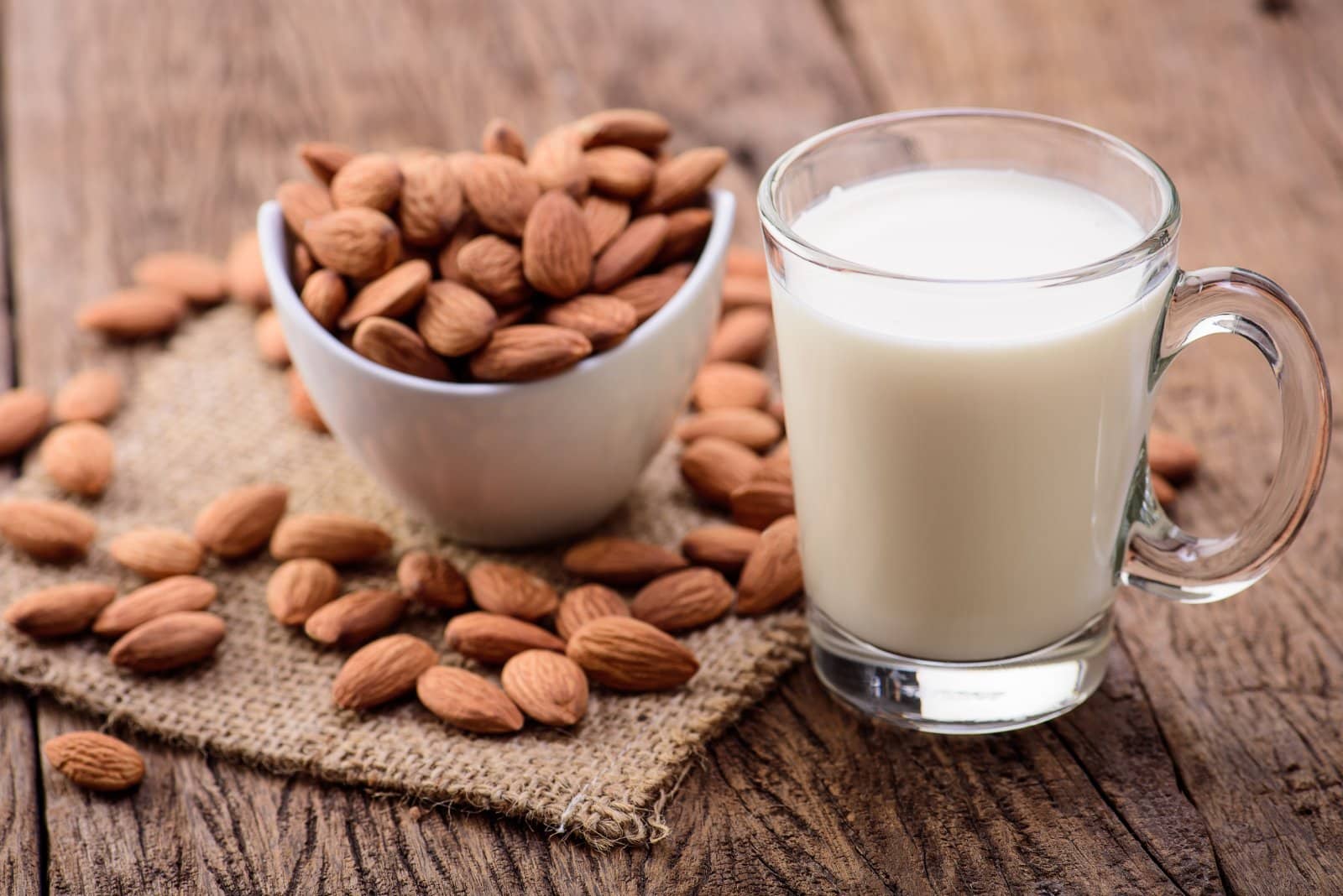
Almond milk is a popular dairy alternative, but the price can be nuts. Consider making your own or choosing less expensive plant-based milks.
#12. Avocado Everything
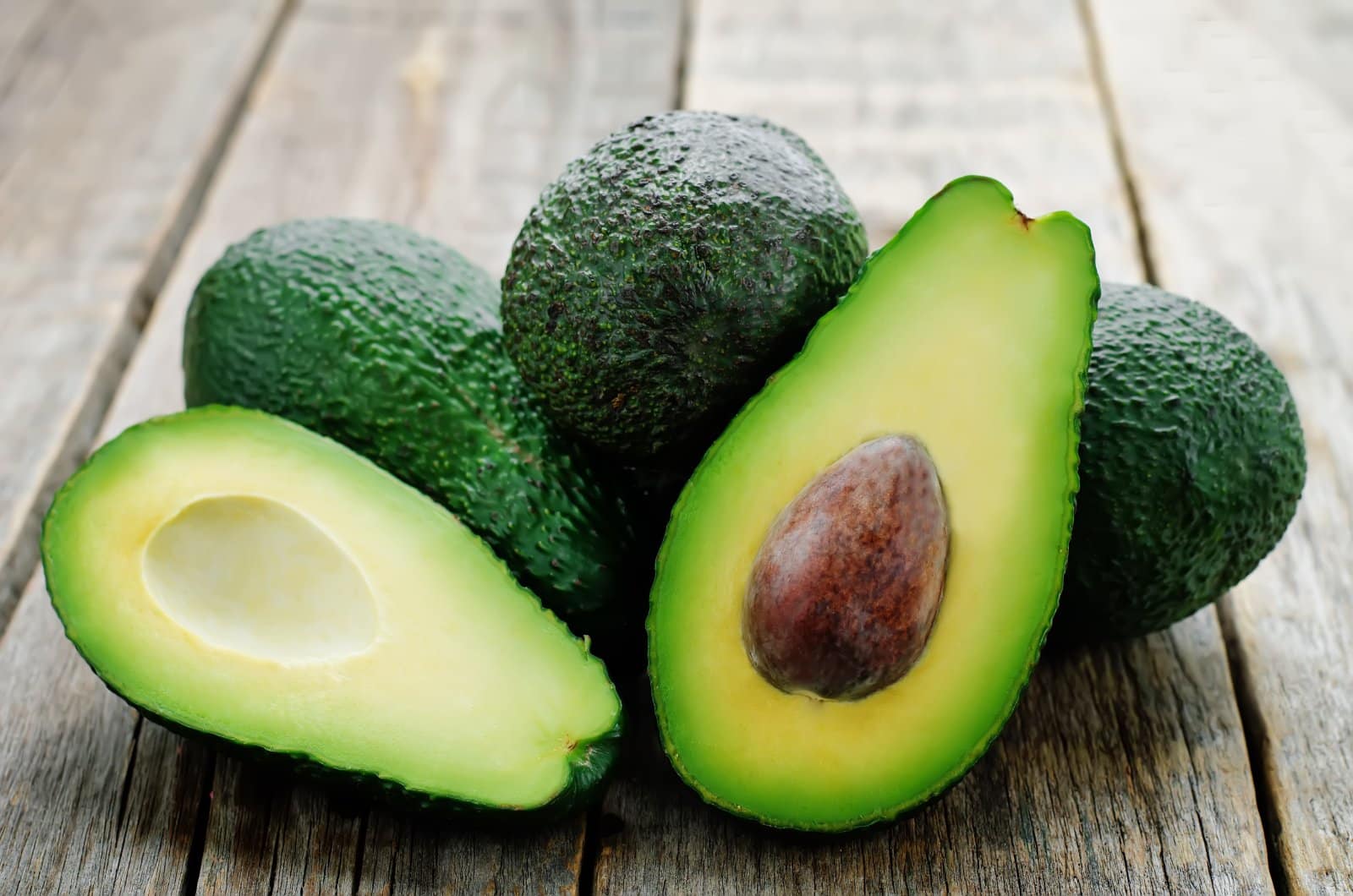
Avocados are healthy and delicious, but they can be pricey. Use them wisely and savor every bit to get your money’s worth.
#13. Paleo Diet Specialties
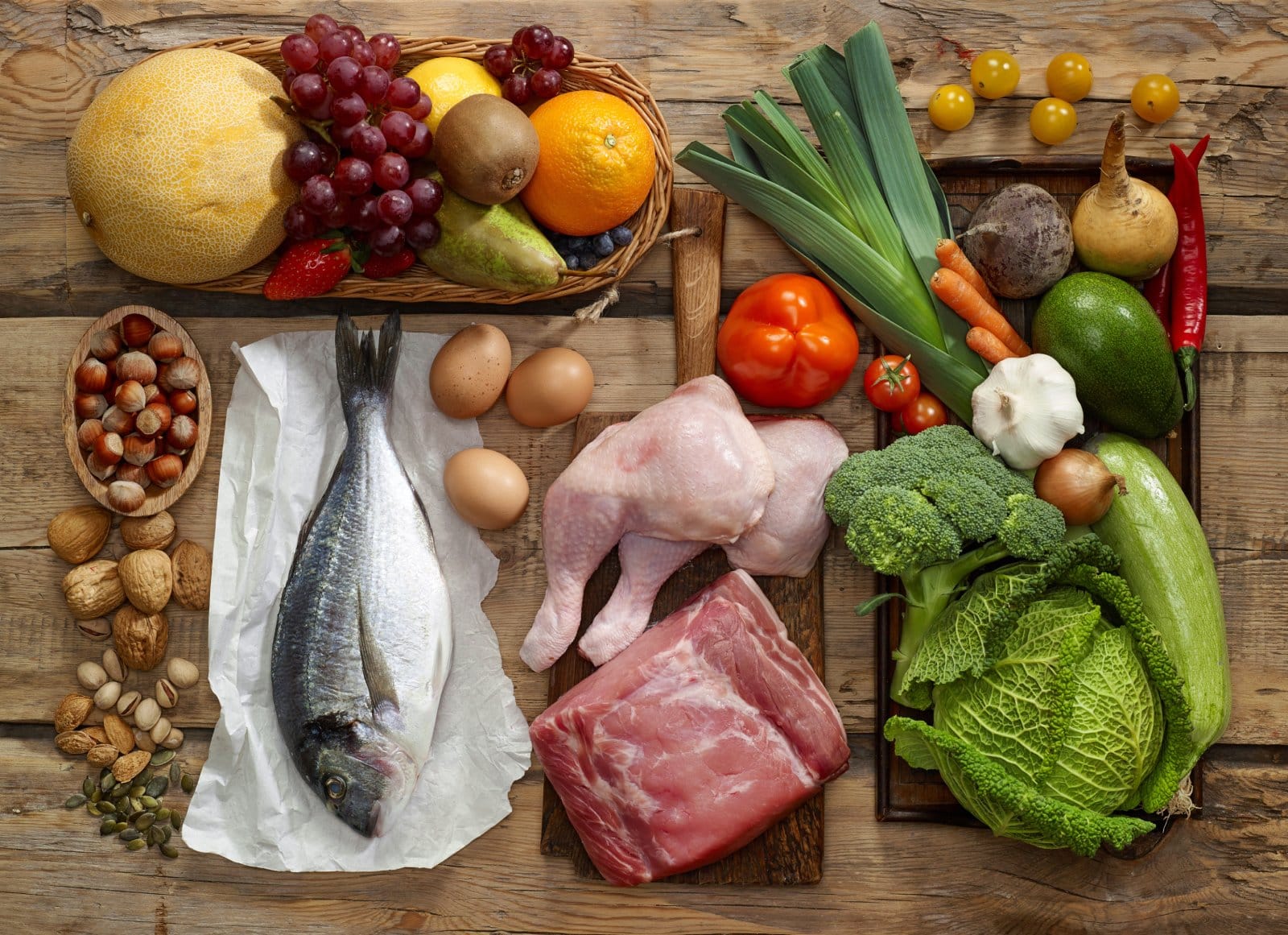
Eating like a caveman shouldn’t cost a modern fortune. Focus on basic meats, fruits, and veggies instead of specialized Paleo products.
#14. Exotic Fruits
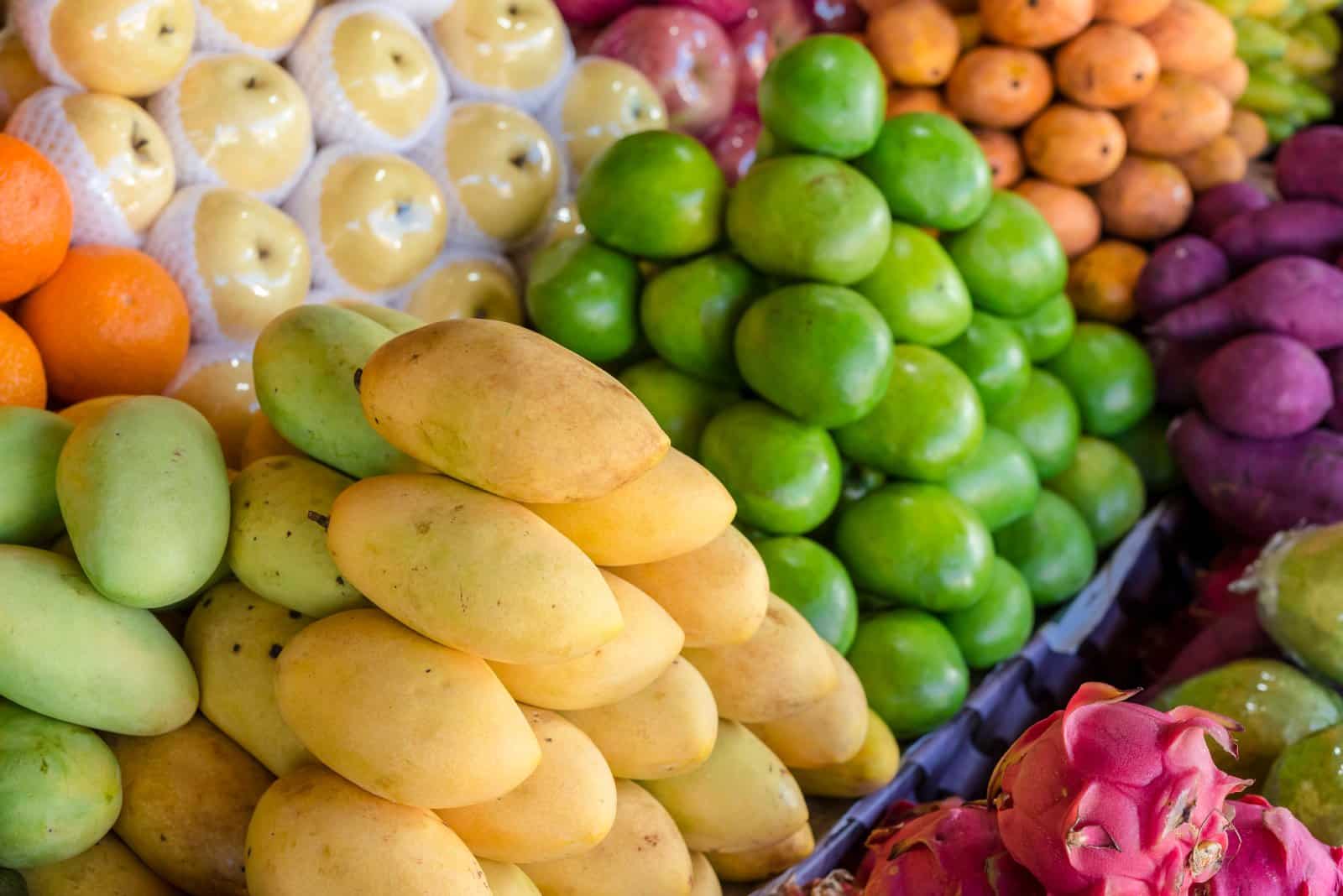
Tropical fruits are tempting but often come with a high price due to import costs. Local fruits can be just as delicious and much cheaper.
#15. Cold-Pressed Oils

These oils boast health benefits, but their prices are steep. Look for sales or stick with traditional oils in moderation.
#16. Protein Powders

Getting enough protein is important, but some powders are incredibly expensive. Research and shop around for the best value.
#17. Diet Cookbooks

While full of inspiration, these books can add up. The internet is a treasure trove of similar recipes for free.
#18. Spirulina
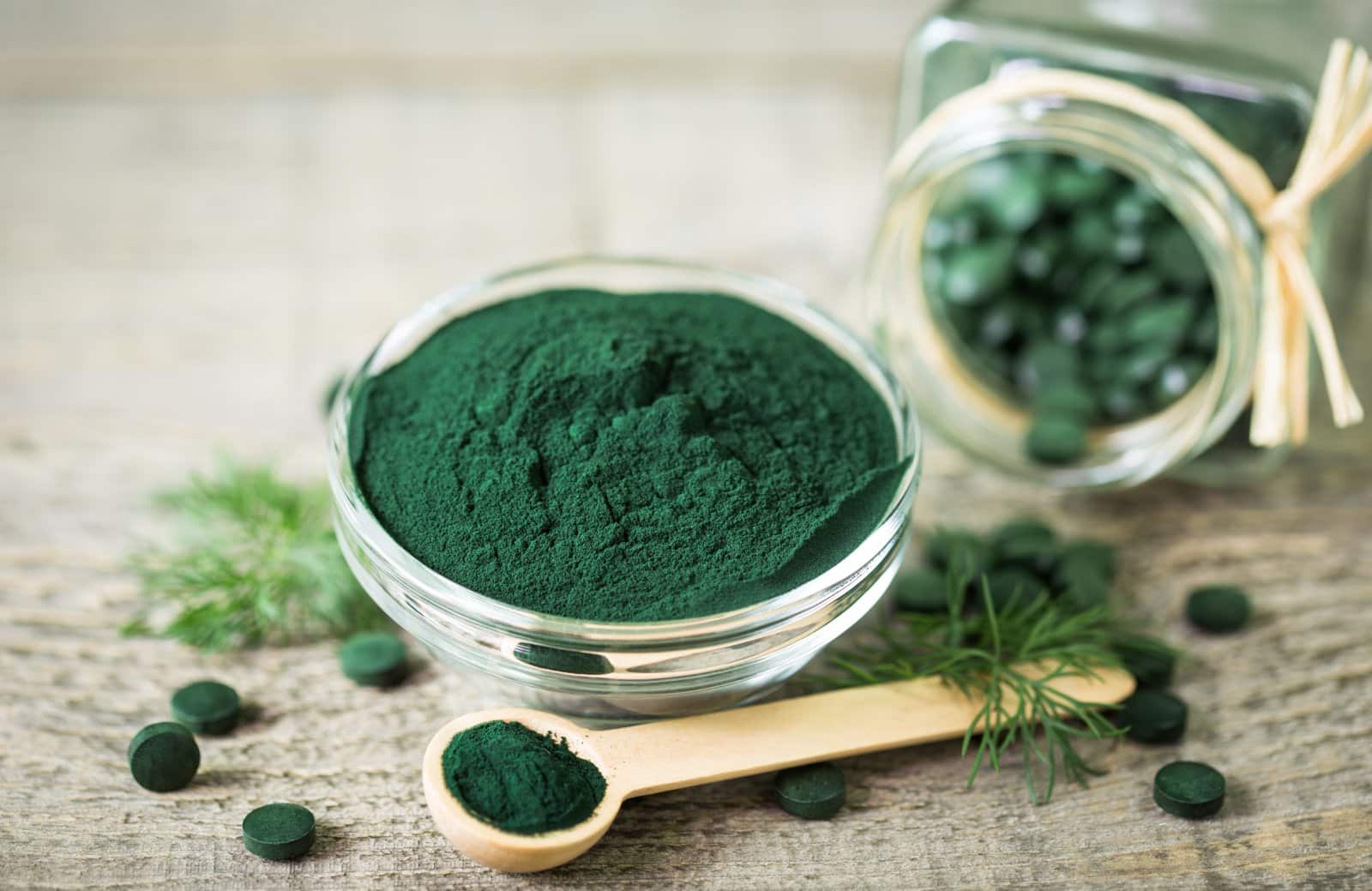
This superfood supplement is all the buzz but will cost you. Dark leafy greens are a more affordable way to get similar nutrients.
#19. Gluten-Free Baking Mixes

Baking gluten-free can be fun, but those mixes are costly. Experimenting with gluten-free flours might be a cheaper and more rewarding option.
#20. Gourmet Health Foods
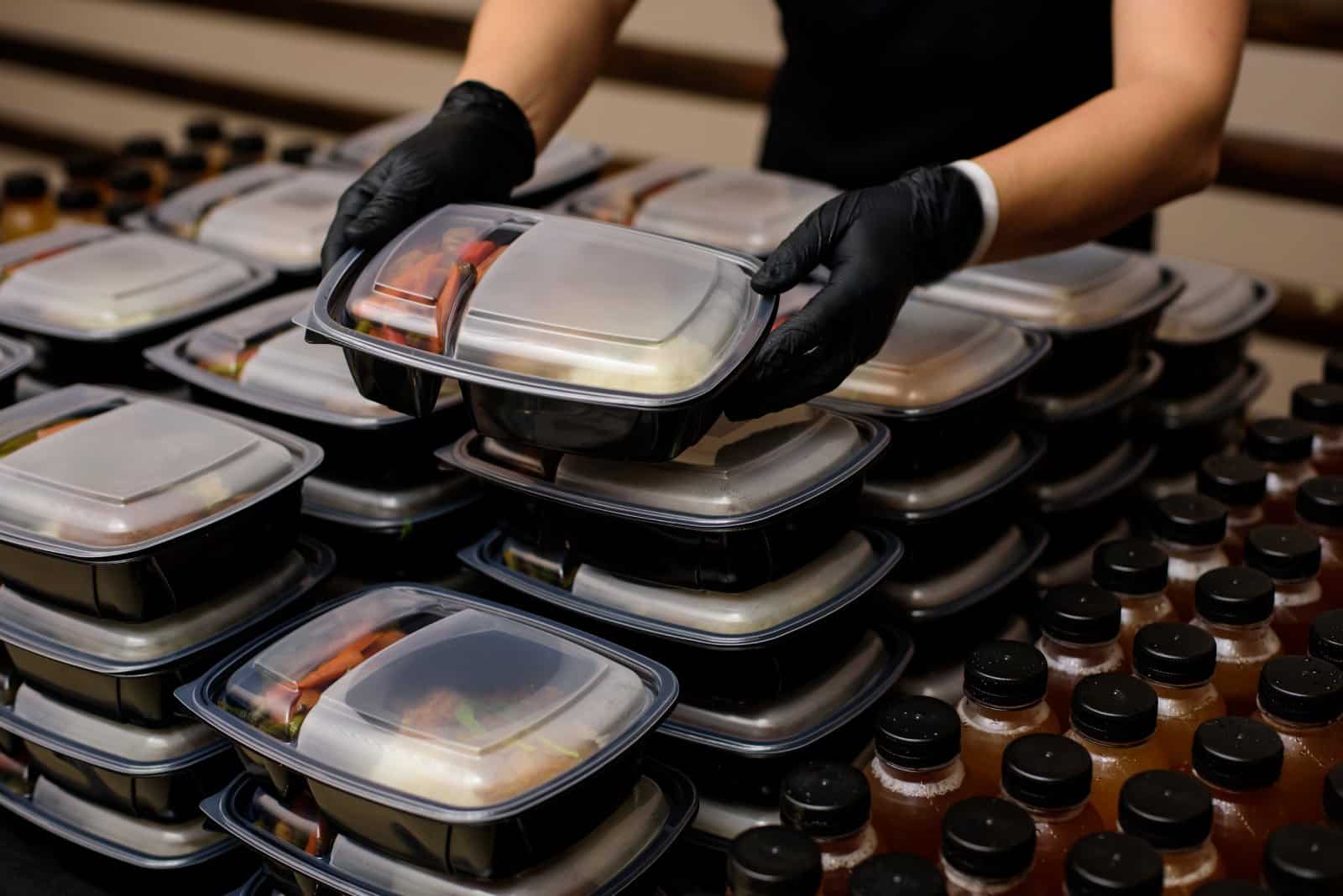
Gourmet health food stores can be wallet-drainers. Shop smart by comparing prices or buying in bulk at more conventional stores.
#21. Imported Mineral Water

Fancy water might look impressive on the table, but it’s a splurge that’s easy to skip. Your tap or a simple filter can provide hydration without the high cost.
Eat Smart

Embarking on a health journey is exciting, but it doesn’t have to break the bank. By making smart choices and focusing on whole, unprocessed foods, you can achieve your wellness goals while keeping your finances in check. Remember, the best diet is one that’s sustainable for both your body and your budget!
Featured Image Credit: Shutterstock / Marian Weyo.
The content of this article is for informational purposes only and does not constitute or replace professional financial advice.
For transparency, this content was partly developed with AI assistance and carefully curated by an experienced editor to be informative and ensure accuracy.
